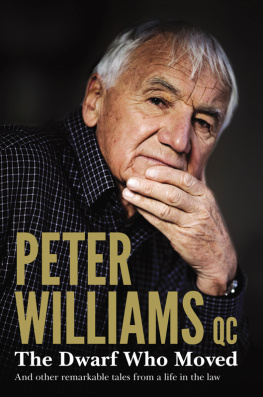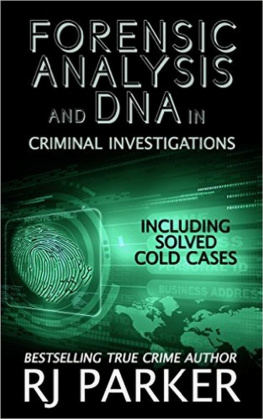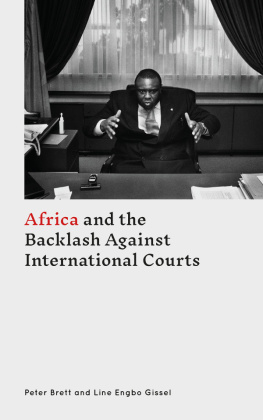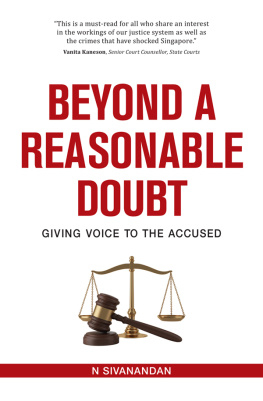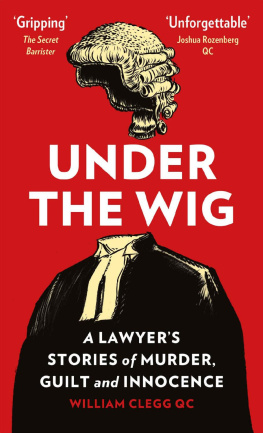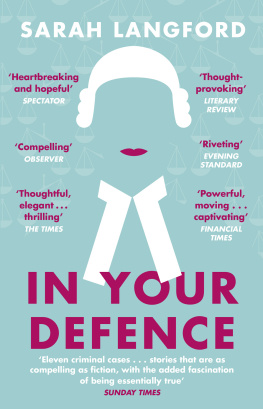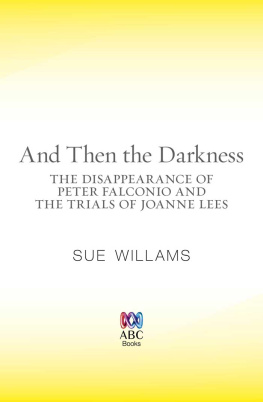For the last eight years I have suffered from cancer and have been subjected to sometimes brutal treatments including chemotherapy, radiation therapy, and a numerous battery of drugs. It was during this period that I wrote the manuscript for this book.
I wish to dedicate these writings firstly to my partner, Heeni Phillips, an Auckland barrister whose Ngati Hine upbringing has granted her great determination and compassion. She has been my mainstay and support throughout these years.
I want to include in this dedication my late mother and father, Mavis and Jim, who supplied me with the genes to enable me to write, occasionally, whilst suffering from my illness. My mother, whose maiden name was Pearce, had the stoicism provided by her Irish ancestors, who had endured the cruelties and hardships imposed by the English conquest of Ireland.
In my early years as a law lecturer I would accompany my students to the Auckland courts to the Hogarthian Magistrates Court in Kitchener Street and the (misnamed) Supreme Court, solemn and bewigged, at Waterloo Quadrant. Both courts were forbidding; neither was especially exciting except for one presence: my students and I, and the public galleries, stiffened in attention whenever a particular advocate appeared. That was Peter Aldridge Williams distinctive in voice, looks and learning. Drama was afoot. And fifty years later, on selective occasions, it still is.
Peter Aldridge Williams is the definitive defendants alter ego, the popular ideal of what a defending lawyer should be, should look like and what he should do in court. He is counsel for the accused, the peoples champion in the adversarial lists. As a distinguished retired judge said to me recently, If in that nightmare situation you found yourself in trouble with the law and pleaded guilty, an Allen Nixon or David Lange or half a dozen others could be relied on for an eloquent plea in mitigation of sentence. If your plea was not guilty, your only possible choice would be Peter Williams. And with respect, Your Honour, I unhesitatingly concur.
As a court-watcher over five decades, I rate Peter Williams QC the most effective defence barrister our legal system has experienced. Effective not only due to his success ratio with which lawyers are not supposed to concern themselves but because he was, and is, exciting and resourceful and visionary.
The excitement factor shows through Peters own modestly related accounts of trials in this book. A lot of his resourcefulness is fuelled by his vision his legal imagination. In the second retrial of a late 1970s Gisborne cannabis case, which was removed to Wellington, the jury had come back into court and its foreman had returned on its behalf the verdict, Guilty. Peter Williams, defending, had noted two women jurors wiping away tears and that they had appeared perturbed as they had filed back from the jury room. Conscious of the fact indeed the law that it is the verdict reached in court rather than that reached in the jury room which represents the final and true verdict (of you all), Peter immediately requested the judge to conduct a poll of the jurors as individuals. Polling the jury is a hens-tooth rarity in the Common Law. The judge complied, however, and the two women jurors stated, there and then, that they did not agree with the announced verdict. It should never be taken for granted that a juror or jurors might not change their mind between the jury room and courtroom. The accused was put on trial a third time and was acquitted.
This kind of alertness is part and parcel of Peters trial lawyer prowess and was, once again, displayed vividly at the early 1970s Supreme Court trial in Auckland of a man named Clapham. A young unprepossessing fellow, Clapham was charged with the murder of a drug dealer heavy who had a reputation for battering non-paying clients with a club. In terrified expectation of such a home visit, Clapham had sequestered himself inside with a shotgun. The dealer had turned up, made a lot of threatening noise and, as he turned away, the still trembling Clapham shot at him. The bullet went into the dealers back not a propitious entry point for a successful self-defence or provocation plea. The Crown made maximum use of that fact.
During his cross-examination of the late dealers young girlfriend, Peter Williams noticed her contorted knuckles. By skilful questioning, he elicited that the fingers of both hands had been broken, and on different occasions, by the deceased dealer. The unified gasp of astonishment from the jury matched that from the public gallery. Later the jury returned its verdict of not guilty of murder or of manslaughter. They took only a few minutes. Indeed, I would not have been wholly surprised if they had added a rider that the prisoner should be recommended for the OBE! Effectively, defence counsel had put the deceased on trial. Effectively, the latter had received his comeuppance twice over.
A good defence, like a well-conducted prosecution, ultimately depends on thorough preparation. That occurs away from the limelight and involves as much energy (and more time) than forensic jousting at the public trial. That holds true for the lower courts, too and it is axiomatic of appeal hearings. No more pointed example was the 1980s arrest and subsequent events affecting a man named Terry Clark (also known later as Mr Asia). Clark had been charged with possession of and trafficking in a substantial quantity of class A drugs. In the face of what appeared to be an indefensible case, Peter Williams and his fellow barrister Kevin Ryan were left with the sole option of exploiting any possible weaknesses in the Crowns case. (The prosecution of course is duty bound to prove all material parts of their case beyond reasonable doubt.)
The Crown was overconfident. Not least about a possibly frail Department of Scientific and Industrial Research drug-testing procedure which was merely a screening test, but had been wrongly reported as a definitive test. Also, two witnesses were vulnerable. One was a corporal of police from Queensland who surprisingly was presented wearing a kind of summer khaki outfit which, to Kiwi eyes, appeared rudely militaristic. And the other was a woman witness with a reputation as a female Titus Oates (a perjurious informer). For all that, the case against Clark loomed large and strong.
Peter asked me to draft a change of venue application from Auckland to Wellington. Clark was well known in Auckland circles and would not have had even the appearance of a fair trial here. The application succeeded. I still did not appreciate the full implication of the transfer to Wellington, but Peter, its architect, did. It was the era of the (Muldoon) public service salary stagnation, and no Wellington jury would be bereft of members directly or indirectly affected or, rather, disaffected by that. And Peter Williams and Kevin Ryan put a lot of effort into jury selection (including challenges). That jury, for whatever reasons, and one can only guess, acquitted Clark. Perhaps it didnt appreciate or believe the Queensland corporal of police or the morally impugned woman witness. Add a likely protest mentality (at that time) of a Wellington jury panel and an answer may emerge.
It must be added, too, that Peter Williams had been focal in the later curial and ex cathedra manoeuvring to achieve a pardon for Arthur Allan Thomas in the Crewe case. The importance of the Thomas case is highlighted in a chapter of this book. Peter was hitting one of the highest peaks of his career at this time. Juries are fascinated by the star qualities of such an advocate. Such an advocate must not only be well prepared for court; he or she has to be brave. The police were not quiet or gentlemanly about their antipathy to the lawyer above all lawyers who threw doubt on their handling of the Thomas investigations. To my dismay, I listened to a public address (to which I replied privately) by senior appellate judge Sir Alfred North, in which he had castigated Peter Williams and others for their crusade on behalf of Thomas. Earlier, Sir Alexander Turner, President of the Court of Appeal, had written an article highly critical of the jury polling matter (referred to earlier).

